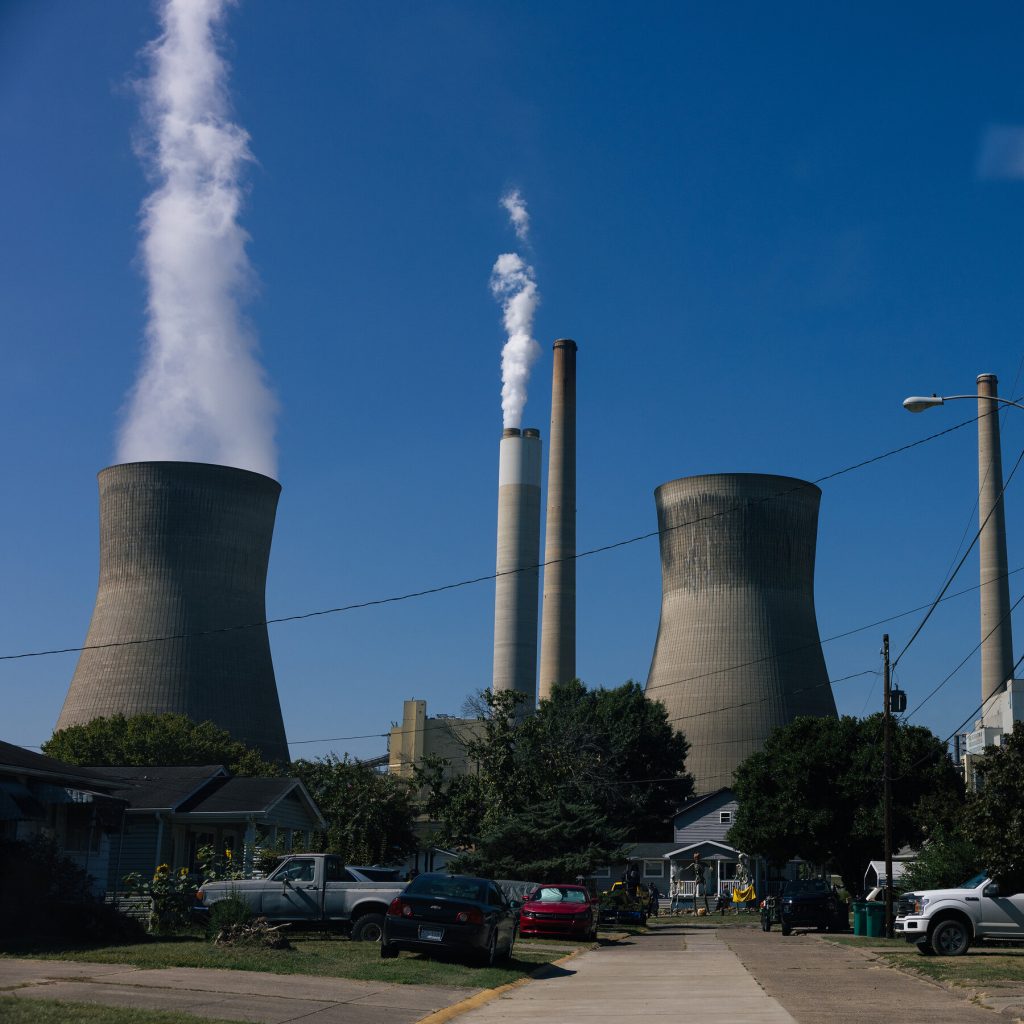Leaders of Nations Near Russia and China Turn to Washington as They Hedge Against Moscow and Beijing

In a marked shift in global diplomacy, several countries that sit on the geopolitical fault lines between Russia and China are deepening their engagement with the United States under President Donald Trump’s “America First” agenda. The administration’s recent outreach—characterized by relaxed visa rules, expanded trade incentives, and a promise of security cooperation—has opened a new avenue for these states to diversify their foreign‑policy portfolios and reduce their dependence on Moscow and Beijing.
A Strategic Re‑balancing
Since taking office, President Trump has signaled a willingness to forge closer ties with nations that have historically been pulled into the orbit of Russia or China. By offering a blend of economic aid, investment opportunities, and defense partnerships, Washington aims to create a “third pole” of influence that can counterbalance the growing clout of the two authoritarian powers.
“The United States is ready to be a reliable partner for any country that shares our values of market openness and rule‑based order,” the White House said in a statement last month. “We will work with them to build prosperity, security, and mutual respect.”
From Central Asia to the Balkans
The response from the targeted states has been swift. In Kazakhstan, President Kassym‑Jomart Tokayev welcomed a newly announced $500 million U.S. investment fund aimed at modernizing the country’s energy infrastructure and expanding digital connectivity. “Diversifying our partnerships is essential for long‑term stability,” Tokayev told reporters in Astana, adding that the Kazakh government sees the United States as a vital partner in reducing its economic reliance on Russian energy markets.
Further west, Serbia’s President Aleksandar Vučić announced a series of joint military training exercises with the U.S. Army, a move that analysts say reflects Belgrade’s desire to broaden its security options beyond its longstanding alliance with Russia. “We are pursuing a balanced foreign policy that serves the Serbian people,” Vučić said, while noting that Serbia will continue its dialogue with Moscow.
In Southeast Asia, Vietnam’s Ministry of Foreign Affairs highlighted a new bilateral trade agreement that will slash tariffs on high‑tech goods and grant U.S. companies greater access to Vietnamese ports. The deal, signed during a visit by a senior U.S. trade envoy, is expected to boost Vietnam’s export earnings and provide an alternative to Chinese-dominated supply chains.
Economic Incentives and Security Guarantees
Washington’s outreach package includes several key components:
* Trade Benefits – Expanded market access for agricultural products, textiles, and technology, alongside the removal of certain tariffs that have hampered exports from these regions.
* Investment Funds – Targeted capital for infrastructure, renewable energy, and digital transformation projects, with a focus on reducing reliance on Russian gas pipelines and Chinese Belt‑and‑Road financing.
* Security Cooperation – Joint exercises, intelligence sharing, and limited arms sales designed to enhance the defensive capabilities of partner nations without provoking a direct confrontation with Moscow or Beijing.
* Diplomatic Support – Assistance in multilateral forums such as the United Nations and the World Trade Organization, where U.S. backing can help counterbalance Russian or Chinese vetoes.
Balancing Acts and Potential Pitfalls
While the overtures have been welcomed, experts caution that the new alignment will require delicate maneuvering. “These countries cannot simply abandon their existing ties overnight,” said Dr. Elena Markova, a senior fellow at the European Council on Foreign Relations. “They must walk a tightrope, extracting benefits from Washington while managing the inevitable push‑back from Moscow and Beijing, which see these moves as encroachments on their sphere of influence.”
In Belarus, President Alexander Lukashenko has expressed interest in a limited U.S. agricultural aid package but stopped short of committing to any security arrangement, citing concerns over provoking Russian retaliation. Meanwhile, Chinese officials have warned that Washington’s initiatives could “undermine regional stability” and have hinted at counter‑measures, including accelerated infrastructure projects under the Belt and Road Initiative.
Looking Ahead
As the Trump administration continues to court nations positioned between the two superpowers, the global diplomatic landscape is poised for a period of realignment. Whether these countries will fully pivot toward Washington or maintain a careful balance remains to be seen, but the emerging pattern suggests a growing appetite for alternatives to Russian and Chinese dominance.
The coming months will likely see more high‑level visits, signed agreements, and strategic dialogues, all underscoring a world where smaller states are increasingly seeking to hedge their bets by cultivating a broader set of powerful partners.




